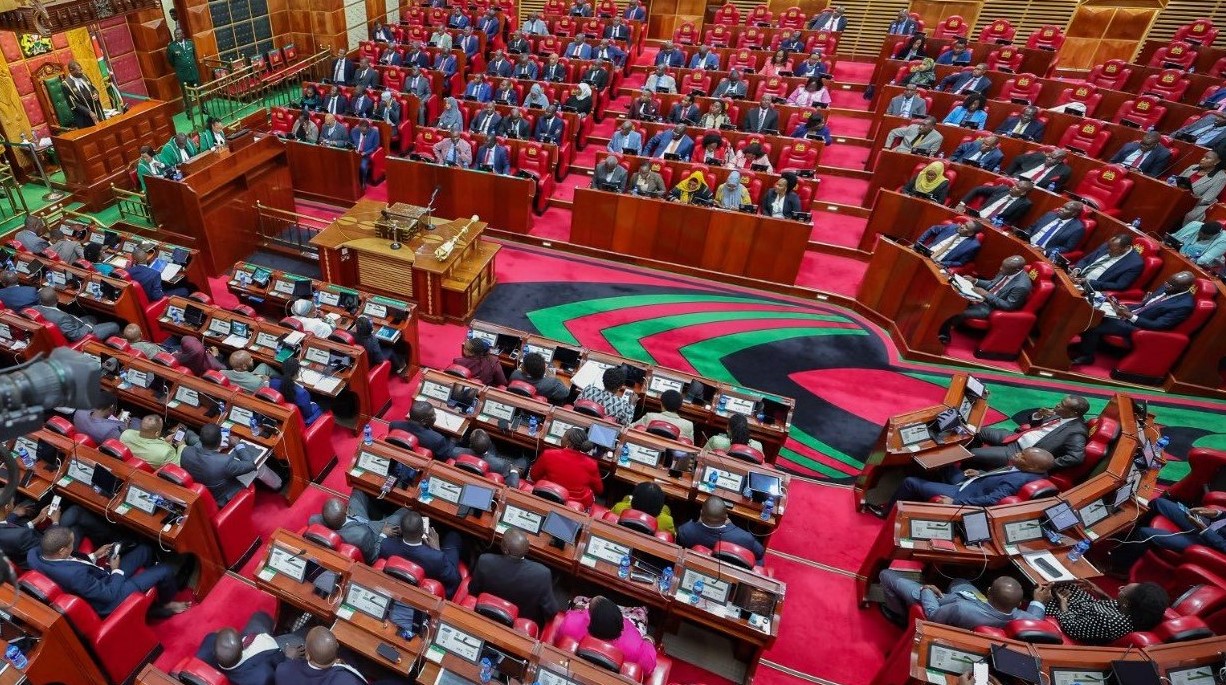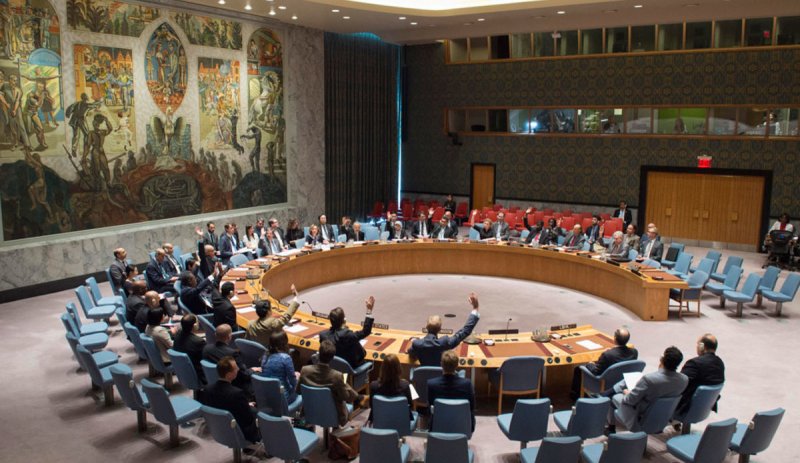MPs dismiss proposal to allow political parties to expel dissenting members

The committee emphasised that elected representatives are accountable to the people and not just their political parties.
The National Assembly’s Justice and Legal Affairs Committee (JLAC) has firmly rejected a controversial proposal that would have empowered party leaders to enforce strict penalties on dissenting members.
The plan, put forth by proponents of the National Dialogue Committee (Nadco), sought constitutional amendments allowing for elected leaders to lose their seats automatically upon resignation or expulsion from their political parties.
More To Read
- Mosop voter moves to court seeking removal of MP Abraham Kirwa over two-year absence
- Parliament warns Kenyans against fake Bills, false Cabinet vetting letter circulating online
- Committee uncovers neglect, poor management in MPs’ constituency offices
- Teen who breached Parliament, claiming to be President Ruto’s son, freed
- Senator Tabitha Mutinda appointed to global board on World Bank, IMF
- Parliament approves plan to use KPC sale proceeds to settle liabilities, compensation claims
The proposed legislation aimed to amend Article 103 of the Constitution, designating party expulsion or deregistration as grounds for vacating the office of a Member of Parliament (MP), governor, or Member of County Assembly (MCA).
Furthermore, the plan suggested deleting existing laws that outline how a person may be deemed to have resigned from a political party.
This would have granted party leaders and structures significant power to expel members, a move that some JLAC members argue could lead to abuse.
"The proposal is an affront to democracy because political parties are not as democratic as envisaged by the framers of the Constitution," reads the report presented in Parliament by the committee.
Foster dictatorship
Members expressed concern that granting excessive authority to party leaders could foster a dictatorship and undermine the democratic process.
The committee emphasised that elected representatives are accountable to the people and not just their political parties.
"The right of recall should only be exercised by the people and not political parties," the MPs asserted.
Despite the committee's majority opinion, there were differing views among members.
Rarieda MP Otiende Amollo and Ruaraka MP TJ Kajwang contended that the term "deemed" as stated in Article 103 has impeded genuine party discipline.
They argued that existing laws do not effectively prevent MPs from switching parties after elections, which they believe undermines the opposition’s strength and democratic integrity.
The two lawyers noted that the proposal has considerable merit and should be considered in plenary sessions.
"The proposal seeks to cure the high indiscipline within political parties, enabling them to adhere to the values and principles of the party and conduct their affairs in a manner that promotes democracy," they said.
Under the current Political Parties Act, party hopping is illegal, with amendments made in 2022 specifying that a member is deemed to have resigned from a party if they form or join another party.
The Nadco initiative aimed to solidify loyalty requirements in the Constitution, thereby easing concerns about party switching.
However, MPs favouring the current law argue that existing provisions are sufficient to address party discipline without infringing on democratic rights.
Top Stories Today











































